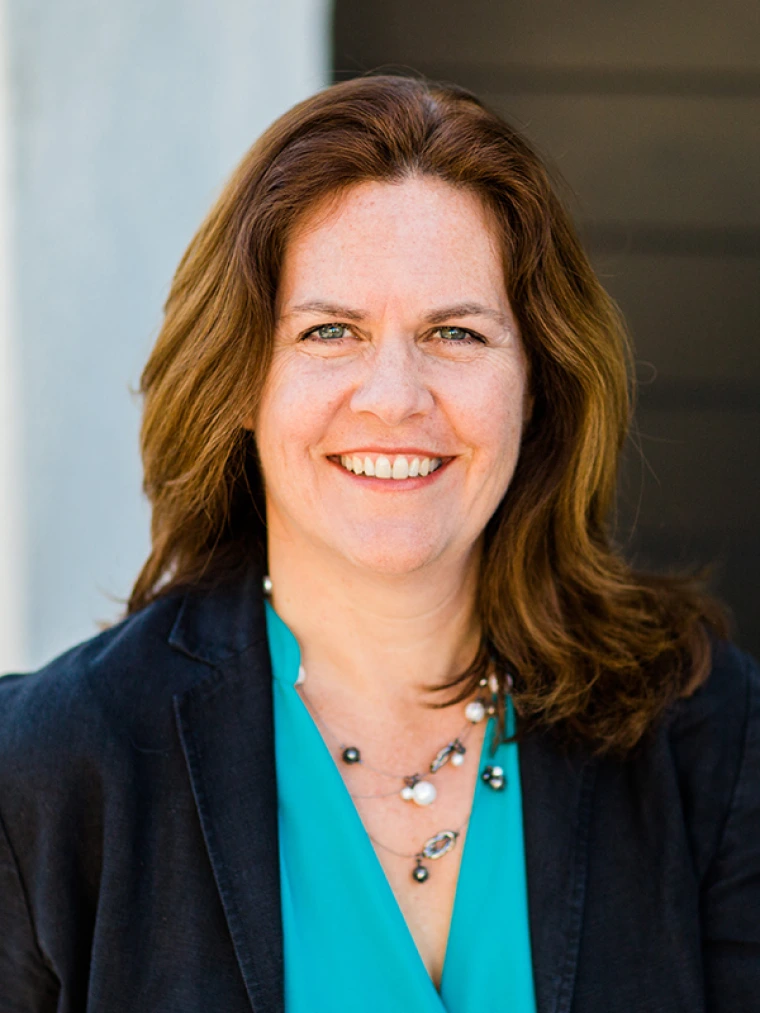Joyce A Schroeder, PhD
1998: UNC-CH, Microbiology and Immunology, PhD
2001: Postdoc, Mayo Clinic Scottsdale
2002: Assistant Professor, MCB
2003-2007: Director, Experimental Mouse Shared Service
2002: Comprehensive Member, Arizona Cancer Center
2004: Member, BIO5 Institute
2008: Associate Professor, MCB
2010-2013: Co-Leader, Program in Cancer Biology and Genetics,
2011-2021: Chief Scientific Officer, Arizona Cancer Therapeutics, LLC.
2013-present: Professor, MCB
2016-2021: Director, Metastatic Breast Cancer Initiative
2017-2023: Department Head, MCB
Cancer Focus
My laboratory investigates the role of the Epidermal Growth Factor Receptor in cancer and immune modulation. We focus on the alterations in receptor trafficking, signal transduction and non-canonical activities such as nuclear translocation and gene regulation that occur during stress. We have identified the loss of apicobasal polarity as a driver in EGFR-driven breast cancer, through its mislocalization and interaction with the apical protein MUC1. Interaction with MUC1 drives EGFR-dependent breast cancer by altering EGFR trafficking and driving EGFR nuclear translocation. Based on these studies, we have developed peptide-based therapeutics for cancer that block protein-protein interactions between EGFR and MUC1, as well as peptides that promote the multimerization of inactive ErbB receptors.
Our current focus is on the mechanisms of alternative trafficking of EGFR as a regulator of the immune microenvironment. We discovered that nuclear retrotranslocation of EGFR is dependent upon its interaction with Sorting Nexin 1, and we have now developed a novel therapeutic (cSNX1.3) that blocks the interaction between EGFR and SNX1. cSNX1.3 induces tumor regression in mouse models of EGFR-driven breast cancer and activates novel tumor immune surveillance. These studies helped us to identify a role for nuclear EGFR in the regulation of Natural Killer cells, and blocking nEGFR in tumor cells induces NK cell immune surveillance.




